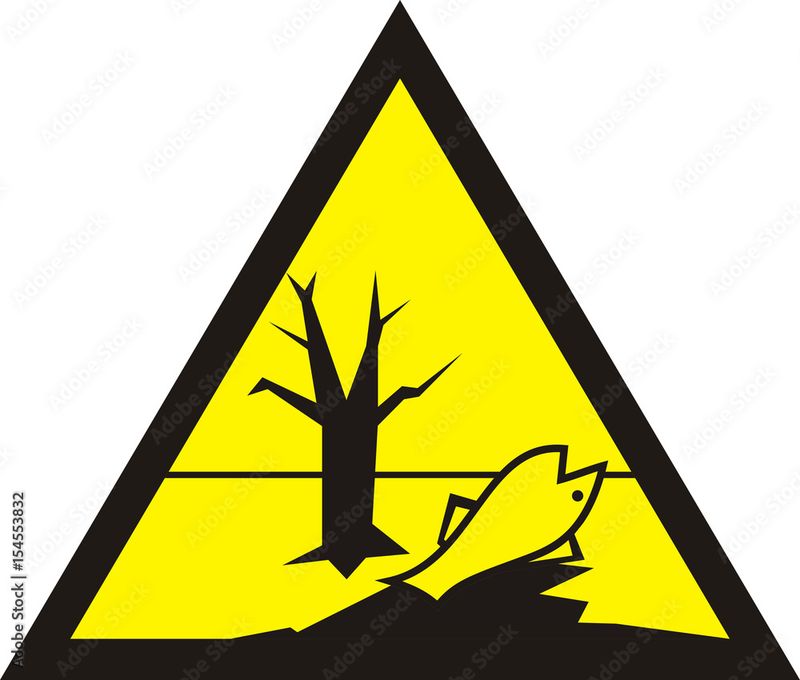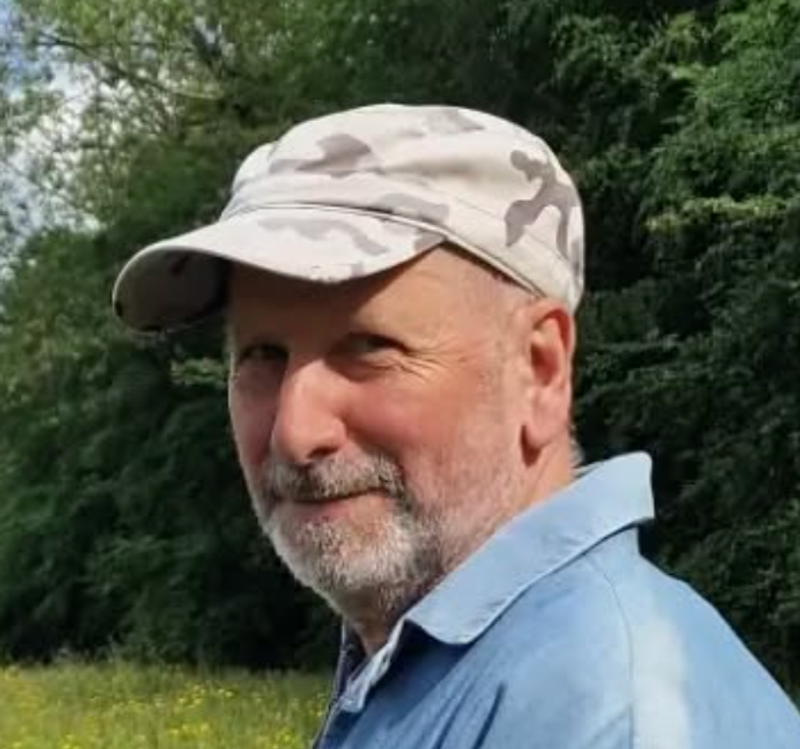Leachate Watergate


Ken
It’s been a year since we began monitoring the River Tamar, collecting and professionally testing samples to understand what’s really happening in our water. We wanted to know the state of the river when no one else was telling us — and we’ve been sharing those results openly on our website: www.dripdriptamar.org
At first, our concern centred on bacterial contamination — E. coli, Enterococcus, the usual indicators of sewage pollution. But over time, a deeper worry has surfaced: what else is being released into our rivers, largely unacknowledged and unmeasured?
Every discharge of untreated sewage brings with it far more than human waste. It carries a cocktail of chemicals — household and industrial — that even the best treatment plants can’t remove. These include so-called “forever chemicals,” hormones, pharmaceuticals, and even traces of illegal drugs. Little is known about how these substances affect wildlife individually, let alone what happens when they combine, accumulate in sediments, or concentrate through the food chain in fish, shellfish, and other animals.
While we’ve been right to worry about the river’s health, an equally troubling issue has emerged on land. For years, farmers have been encouraged to use a sludge-based fertiliser produced from treated sewage — the solids left after wastewater treatment, known as “cake.” This product is spread on farmland across the country, marketed as a sustainable recycling of nutrients. But we now know it carries many of the same contaminants we’re so concerned about in the river.
And then came an even more shocking revelation. According to a recent Guardian report, water companies have been mixing leachate — the liquid that seeps out of landfill sites, percolating through layers of toxic waste — into this sewage sludge before selling it as fertiliser. It’s hard to overstate how alarming that is. This is the runoff from decades of discarded industrial and domestic pollution, now being reintroduced into our soils and, ultimately, our food system.
It may be a commercial win for water companies, but it’s an environmental and public health disgrace.
Never has there been a more important time to support organic and regenerative farmers — those who refuse to use these contaminated fertilisers. As one local organic farmer told us, she would never spread such toxic material on her land.
Key Facts from The Guardian Investigation (September 2025)
- More than **750,000 tonnes** of landfill leachate are mixed annually with sewage at treatment works in England. - Around **1.7 million tonnes** of leachate received only basic biological treatment before being spread on land. - In the South West, landfill sites reported **1,264,563 tonnes** of leachate generated. - **South West Water** alone received **6,884 tonnes** of leachate in 2023. - Leachate contains hazardous substances such as **PFAS (‘forever chemicals’)**, **microplastics**, **solvents**, and **flame-retardants** — contaminants largely untouched by current treatment systems. - Testing regulations dating back to **1989** only require checks for a limited number of heavy metals, leaving vast chemical pollution unmonitored.
Sources: The Guardian, “Thousands of tonnes of toxic landfill liquid added to sewage and spread on English farms”, 12 September 2025; “Millions of tonnes of toxic sewage sludge spread on UK farmland every year”, 7 July 2025.
Source: https://www.theguardian.com/environment/2025/sep/12/toxic-landfill-liquid-sewage-spread-farms-england
If this concerns you as much as it concerns us, get involved. Join Drip Drip, help us test, learn, and speak up for the health of the River Tamar. Visit www.dripdriptamar.org to see our latest results and find out how you can take part.